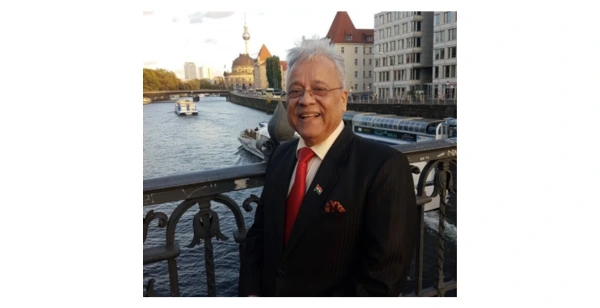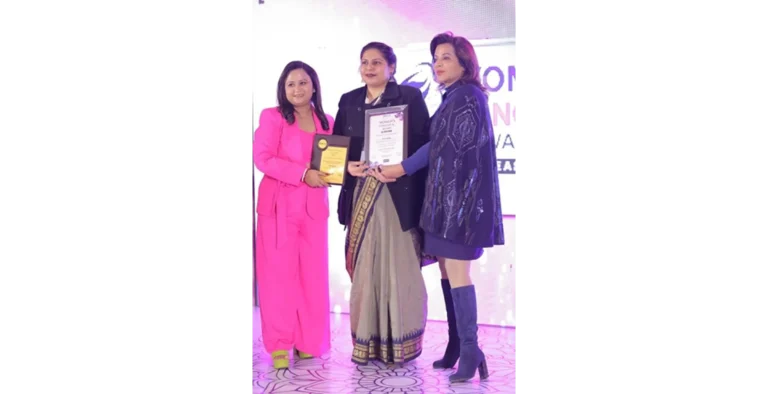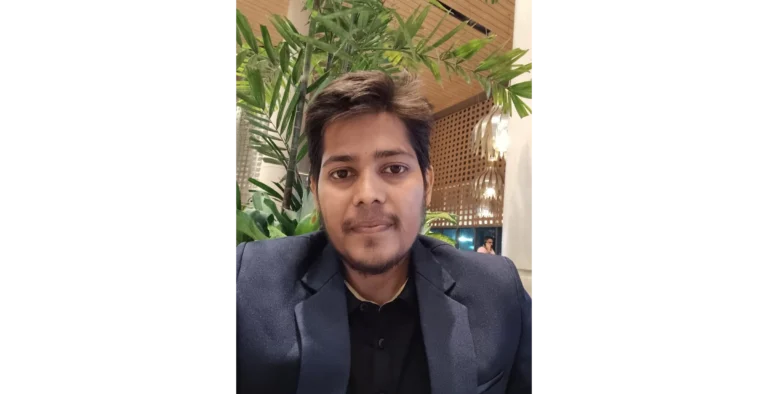
Interview: Consumer Awareness and Grievance Mechanisms in India
Ignorance is not bliss: Consumer rights are not effectively communicated to the masses
Prof. Bejon Kumar Misra is a globally recognized consumer policy expert. He has significantly contributed to shaping national and international consumer protection frameworks as an influential advocate for consumer rights. His expertise encompasses lies in areas such as product safety, fair trade practices, and dispute resolution, making him a sought-after voice on consumer-related issues worldwide. Prof. Misra’s work has been instrumental in empowering consumers and promoting ethical business conduct across various sectors. Excerpts from an interview:
Q1. Why is consumer awareness so low in India despite having strong laws?
Bejon Misra: Consumer awareness in India suffers because of lack of political will and dominance of industry influence in the various policy making bodies. Even though through the enactment of the Consumer Protection Law in 1986 legal rights of the consumers were defined but unfortunately not effectively communicated in everyday language or through channels that reach the masses. While urban consumers might see TV ads or access online portals, the rural, illiterate, and digitally denied population is left behind. Moreover, business entities do little to educate consumers—they focus is only on profit, not rights. The result is a gap between policy and practice.
Q2. What are some of the most common ways Indian consumers are exploited due to lack of awareness?
Bejon Misra: We see widespread exploitation in areas like misleading advertisements, sale of sub-standard goods and services, hidden charges in banking, insurance, telecom, fake online offers, and cumbersome redressal mechanism. Many consumers don’t demand bills or warranties because they don’t know the value of evidence when things go wrong. In rural areas, people are misled into buying fake products and services and have no recourse to fair trade practices.
Q3. Could you shed light on the basic rights that every Indian consumer should know of?
Bejon Misra: Absolutely. Every Indian consumer has six core rights under the provisions of the Consumer Protection Act, 2019:
- Right to Safety
- Right to be Informed
- Right to Choose
- Right to be Heard
- Right to Seek Redressal
- Right to Consumer Awareness
These rights apply to both goods and services—whether you’re buying groceries, booking a flight, or applying for a loan.

Q4. Let’s say a consumer feels cheated—what should they do first?
Bejon Misra: The first step is to raise the issue directly with the seller or service provider, ideally in writing through email, SMS, or letter. If there’s no resolution within a reasonable time – say in 10-15 days, they can escalate the complaint through formal channels like the National Consumer Helpline (1800-11-4000), the E-Daakhil Portal for filing complaints online, or directly at the District Consumer Dispute Redressal Commission.
Q5. What is the role of the E-Daakhil portal, and how can a common citizen use it?
Bejon Misra: E-Daakhil (https://edaakhil.nic.in) is a government platform that allows consumers to file complaints online without going to court physically. You can register, upload your complaint, pay the court fee digitally, and track case status. It’s a step forward—but needs better regional language support and awareness campaigns to reach the grassroots. Unfortunately, common consumers are unable to access these portals due to poor performance and frequent changes. Now it seems this portal has migrated to e-jagriti
Q6. What kind of evidence should a consumer keep when planning to file a grievance?
Bejon Misra: Consumers should always try to keep a copy of the bill or invoice, warranty cards, email or SMS communications, and screenshots of online transactions. Even voice recordings or photos can help. If you file a complaint, this documentation is key to proving your claim.
Q7. What if someone is illiterate or not tech-savvy? Can they still file a complaint?
Bejon Misra: Yes, they can. They should first try to connect over the phone on the National Consumer Helpline, which is functional from 8 am to 8 pm all days of the week, except Sundays. Then they can visit their nearest District Consumer Dispute Redressal Commission, which are functioning in the District Headquarters and file a handwritten complaint. NGOs, legal aid cells, and sometimes Lok Adalats help guide such individuals. In future, we must empower Anganwadi workers, panchayats, and SHGs to help people file complaints offline or on their behalf online.
Q8. What are the typical timelines and costs involved in filing a consumer case?
Bejon Misra: Filing fees are very low—ranging from ₹100 to ₹750 depending on the case amount. Ideally, cases should be resolved within 90 to 150 days, but delays are common due to backlogs and infrastructure issues. That’s why early resolution through the National Consumer Helpline or pre-litigation mediation is always encouraged.
Q9. Are there any specific industries where consumer complaints are rising the most?
Bejon Misra: Yes, most complaints today are in e-commerce, telecom, banking and finance, insurance, and real estate. Digital frauds, undelivered goods, poor service, mis-selling, and misleading ads are common triggers. The lack of immediate human support in digital services also frustrates consumers.
Q10. Finally, what can we do to improve consumer awareness in India?
Bejon Misra: We need a multi-stakeholder approach. We must educate the youths in colleges to facilitate the consumers, especially the poor and senior citizens on how to access prompt redressal. All business entities must display the National Consumer Helpline and big brands must have dedicated officers to look after consumer complaints and a weekly report on the resolutions provided to the consumers, which is made public on the website so that we come to know how many got unattended or went into litigation. State Governments must make Consumer Awareness a priority and ensure prompt redressal to the consumers by making the Consumer Dispute Redressal Commissions effective and efficient. The Awareness Campaigns must be conducted in local language on TV Prime Time and Print Media. Media also has an important role in building awareness and should dedicate space and time on consumer awareness. In brief, there should be active engagement with the citizens to seek their feedback on the product quality and safety related issues in social media and public platforms. JAGO GRAHAK JAGO should become the buzzword in the country.



